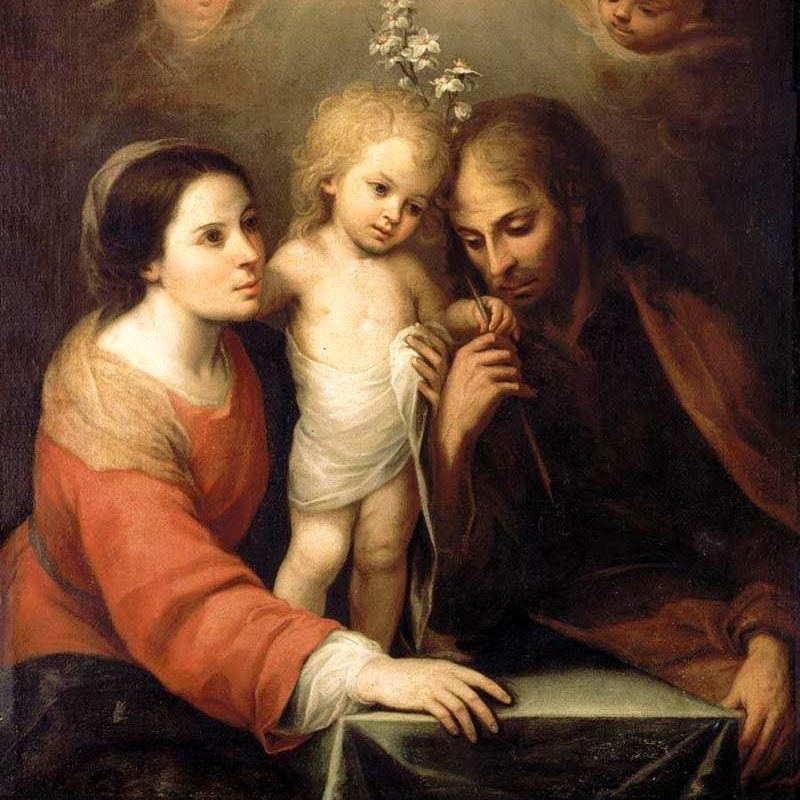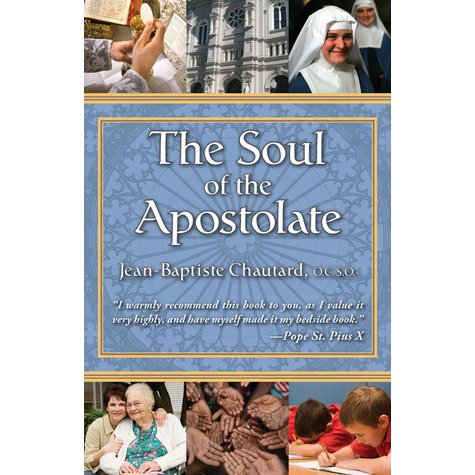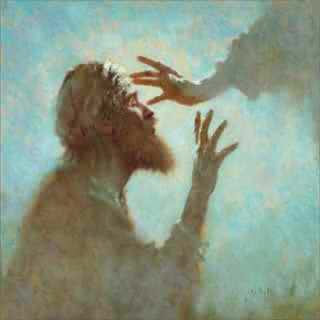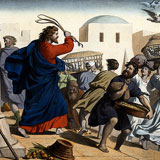The family is the ultimate division and foundation of the Church. St John Chrysostom famously called the family home “a little church.”
Married love is caught up in divine love, and parenthood is caught up in the creation of imago Deis — eternal beings who are made in the image and likeness of God. But the domestic church doesn’t stop with love and procreation. It culminates in the great responsibility of parenthood: to educate.
I think that’s a big part of the feast of the Holy Family. Everything Jesus learnt in the formative years of childhood, he learnt in the family. It’s where he learnt to practise obedience, to show concern for others, to foster a sense of responsibility, to offer understanding and help. But most of all, it’s where he acquired his faith.
When they had done everything the Law of the Lord required, they went back to Galilee, to their own town of Nazareth. Meanwhile the child grew to maturity, and he was filled with wisdom; and God’s favour was with him.
(Mt 2:39-40)
How does the family teach faith? Here’s three simple ways:
The school of prayer
The pedagogy of prayer is very simple: example. It requires no speaking, instructing or theological explanations. Example is more influential than words.
Pope St John Paul II recalled how his father’s example of prayer informed his own faith:
Sometimes I would wake up during the night and find my father on his knees, just as I would see him kneeling in the parish church. We never spoke about a vocation to the priesthood, but his example was in a way my first seminary, a kind of domestic seminary.
But the example of prayer also occurs in more modest ways. An image of Our Lady, which has freshly picked flowers put before it on big occasions. The ritual of night time prayers when the children go to bed. Attending Sunday Mass together. These are the details of family life which nurture a child’s faith and interior life.
The school of virtue
It’s in the family that we learn to smile and forget about ourselves, so that we can pay attention to others. It’s here that we learn to really listen to others, showing them that they’re loved and understood. It’s here that we learn to overlook the unimportant frictions that our selfishness magnifies out of proportion.
This is especially true in big families. Believe me, I know!
The school of catechesis
Catechetical instruction is the most daunting duty of the Christian family, because catechesis requires technical knowledge. This is why Catholic schools exist. They are never meant to replace parents, but they support parents in their role as primary educators of their children.
There are also excellent programmes to assist parents in the catechesis and spiritual formation of their children. A local example is As I Have Loved You by Dr Gerard O’Shea at Melbourne’s John Paul II Institute for Marriage and Family. As I Have Loved You assists parents to educate their children in sexuality.
In ideal circumstances, the author introduces the book to parents at a one hour parent meeting. This allows opportunities for parents to ask questions and seek advice. An added advantage is that it provides an opportunity for parents to meet other parents.
But of course, the world isn’t ideal, is it? So the introduction is also viewable online:
Another excellent resource is Joseph Atkinson’s Biblical Vision of the Family, which is a 13-part DVD series for parents. This program provides the support that parents need in bringing prayer and Scripture into their home, particularly if it is something new or foreign to their family life.
Each seminar has tasks that require work in small groups, allowing parents to engage with other parents. A guide book is provided to participants, including prompts for prayer and methods for bringing it into the home.
But of course, the most important means available to Christian parents are supernatural and sacramental. Parents receive a lot of grace through the sacrament of baptism, and the sacrament of marriage.
May God pour out his blessings on families everywhere, and especially on parents as they take up their noble call.
H/T Mishel.






Recent Comments